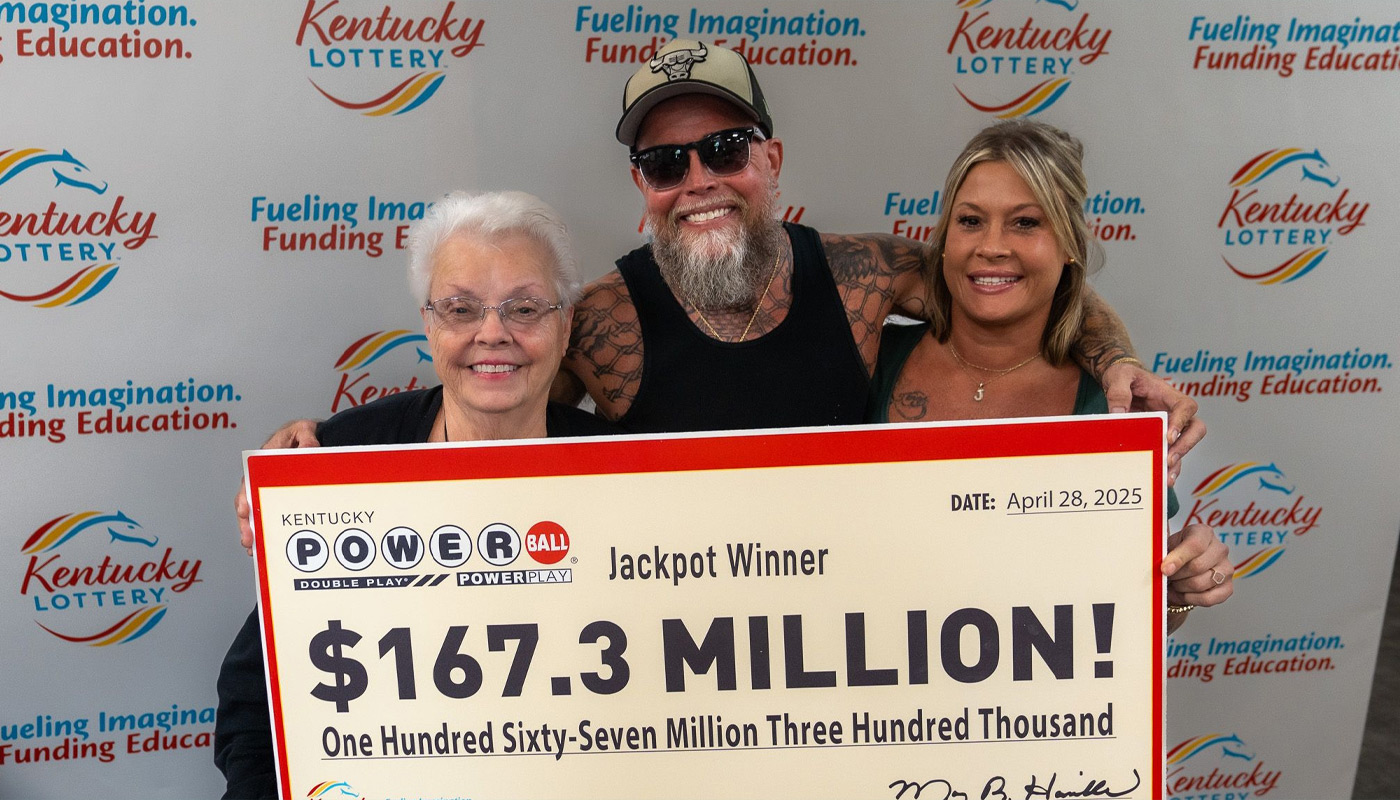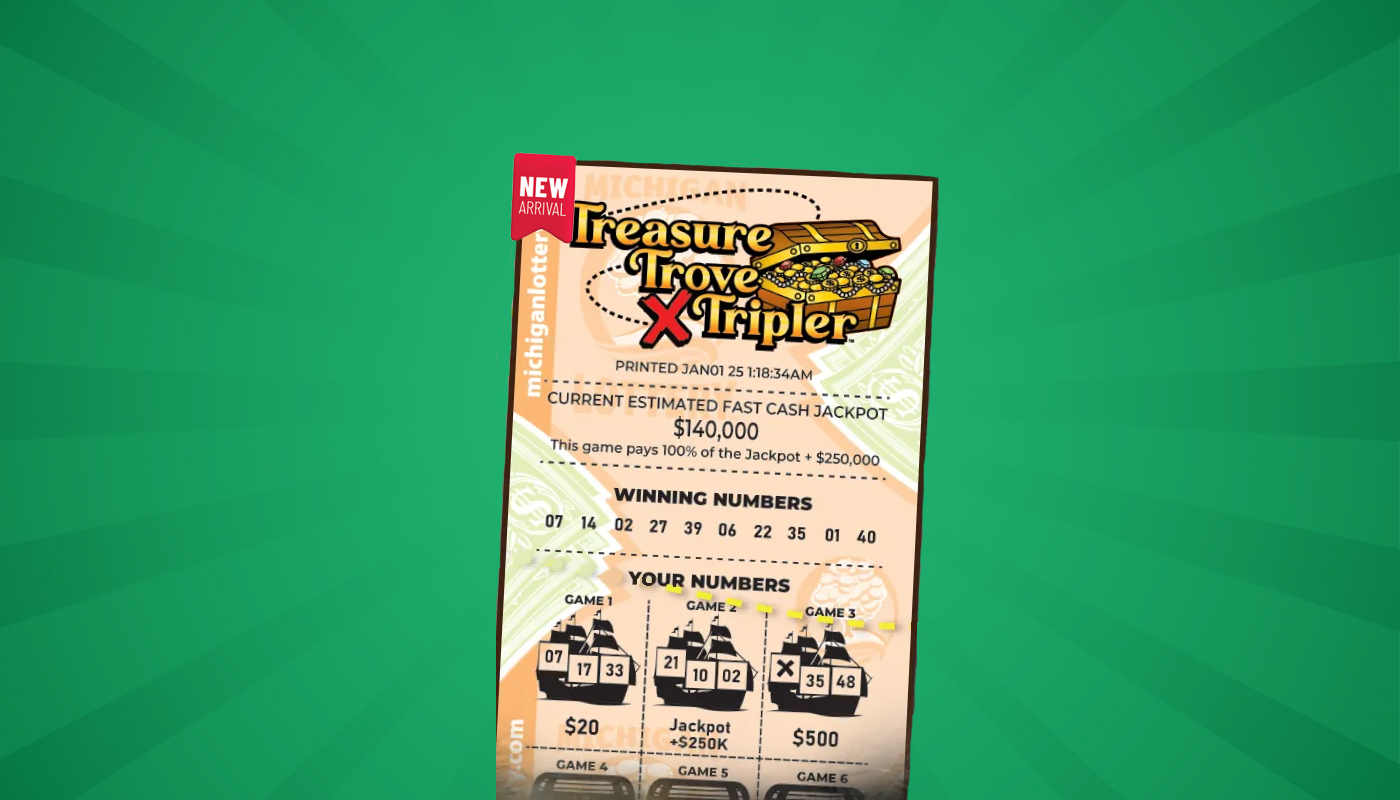
News writer, Interviewer
Imagine hitting the lottery jackpot.
Millions of dollars suddenly land in your lap. But along with the excitement comes a surprising decision: do you go public or stay anonymous?
The answer depends on where you live. Some states allow winners to stay completely anonymous. Others require full disclosure. Many states fall somewhere in between, with anonymity thresholds based on prize amounts.
Going public with a private win
Why would anyone choose to forgo privacy and embrace the spotlight?
For some, it's the thrill of bragging rights. Sharing their good fortune with friends, family, and even the world can be a way to celebrate their accomplishments. They might relish the notoriety and enjoy the stories and attention that come with being a big winner.
Let's face it: keeping a sudden influx of cash a secret in a small community can be nearly impossible. Imagine driving a brand-new car or jetting off on exotic vacations – people will talk. In close-knit communities, rumors travel fast, and anonymity might be difficult to maintain regardless of the rules.
Why do states offer anonymity?
There are several reasons why some states allow lottery winners to stay anonymous. Here are some of the key considerations:
- Safety first: A major concern for lottery winners is becoming a target for scams, lawsuits, or even violence. Publicizing a winner's identity can make them vulnerable to anyone who might see them as an easy mark. Anonymity offers a layer of protection from these threats.
- Privacy matters: Winning the lottery is a life-altering event. Some winners simply prefer to keep their windfall private. They might not want to deal with the constant attention, the barrage of requests for money from friends and family, or a complete overhaul of their lifestyle. Anonymity allows them to control how much their life is disrupted by their newfound wealth.
- Financial responsibility: Sudden wealth can be overwhelming, and some winners worry that public knowledge could lead to impulsive spending or pressure from others. Anonymity gives them time to seek professional financial advice and make informed decisions about their winnings.
- Discreet charity: Some winners might prefer to keep their identity private while still being philanthropic. Anonymity allows them to donate to causes they care about without the pressure or expectation of public recognition.
- Business as usual: For winners who own businesses, going public could negatively impact their work. Anonymity helps them maintain a professional image and avoid disruptions in their existing ventures.
- Transparency concerns: There's also the argument that constantly publicizing wealthy winners discourages participation from lower-income communities. People might feel hopeless if they constantly see winners who are already well-off. Anonymity can help maintain the dream that anyone, regardless of background, can win the lottery.
A state-by-state breakdown
Let's explore the world of lottery winner anonymity across different states.
Keeping it quiet
Imagine celebrating a windfall without the world knowing. In states like Kansas, you can do just that. No matter the prize amount, you can keep your identity private. Delaware takes anonymity a step further, allowing you to claim any size prize anonymously.
Temporary secrecy
Some states offer a taste of privacy before thrusting you into the spotlight. Arizona lets winners of over $100,000 enjoy 90 days of anonymity, with the option to potentially extend it. However, your city and county won't be a secret. Similarly, Georgia allows anonymity for prizes exceeding $250,000, but only for a limited time. Illinois follows suit, with the option to keep your name and city confidential if your winnings surpass $250,000.
Big wins, big secrets
Texas and West Virginia only allow anonymity for the truly large prizes. If your winnings are over $1 million, you can remain anonymous in these states. Virginia sets the bar even higher, requiring a whopping $10 million win to keep your identity private.
In the public eye
The California Lottery takes transparency seriously. If you win the lottery here, expect your name, city, and even the store from which you bought the ticket to become public knowledge. Iowa also plays it straight - there's no such thing as an anonymous winner. Your information becomes a public record if you win in this state. Similarly, New York follows suit, with winners' names and cities becoming public knowledge.
Here's a breakdown of states that allow anonymous lottery claims, along with any specific requirements.
- Arizona: Prize must be over $100,000
- Arkansas: Prize must be over $500,000, and a winner is only anonymous for three years
- Delaware: Any prize
- Georgia: Prize must be over $250,000
- Illinois: Prize must be over $250,000
- Kansas: Any prize
- Maryland: Any prize
- Michigan: Prize must be over $10,000 in state-run games only
- Minnesota: Prize must be over $10,000
- Mississippi: Any prize
- Missouri: Any prize
- Montana: Any prize
- New Jersey: Any prize
- North Dakota: Any prize
- South Carolina: Any prize
- Texas: Prize must be over $1 million
- Virginia: Prize must be greater than $10 million
- West Virginia: Prize must be over $1 million
- Wyoming: Any prize
The choice is yours
Winning the lottery is a dream come true, but it also comes with a surprising decision: anonymity or fame? This guide has explored the pros and cons of both options, along with the different rules across states.
Ultimately, the choice is yours. Consider your priorities – privacy, safety, responsible money management, or even the desire for recognition. No matter what you decide, enjoy your win and plan for a secure future.
















Comments